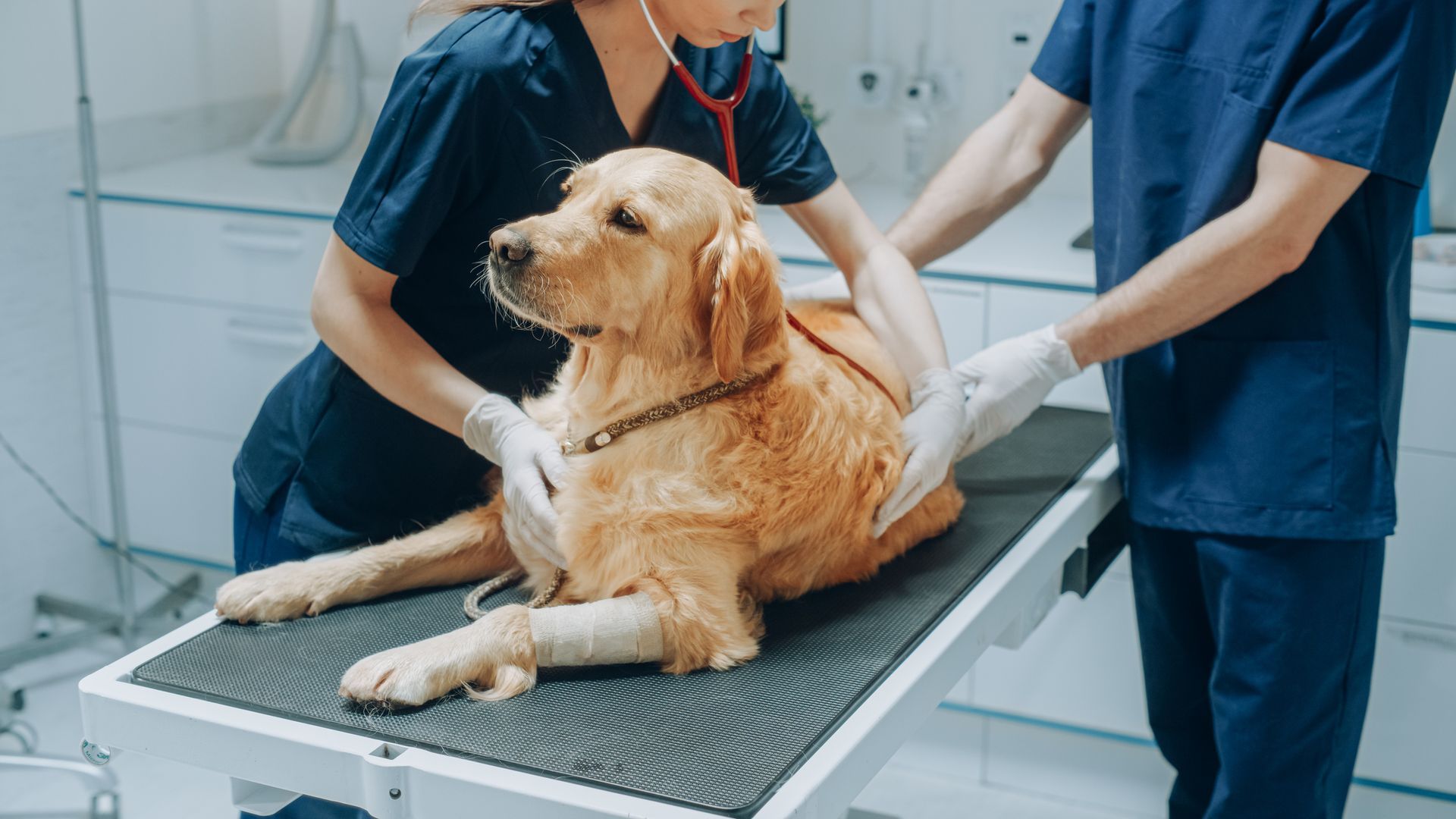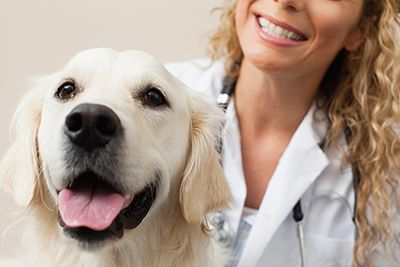ADDRESS: 4285 E Morris Blvd Morristown, Tennessee 37813
Certified by the Tennessee and Virginia Veterinary State Board of Veterinary Medicine.
CALL NOW: 423-587-4393
What You Should Know About Canine Dementia
What You Should Know About Canine Dementia
If you have a dog that has gotten up there in years and is now considered to be a senior, you may find yourself noticing many different changes in their physical and mental states. For many dog owners, one of the most concerning and frustrating changes in senior dogs is the confusion many dogs seem to develop as they age.
Get to know some of the important facts about canine dementia as well as what you can do to help and support your senior dog if they suffer from this condition. Then, you can provide your senior dog with the best care possible through their later years.
Signs of Dog Dementia to Watch Out For
While you may have noticed some unusual confusion in your senior dog lately, that is not the only sign of canine dementia you will want to watch out for. Just like dementia and Alzheimer's disease in humans, dementia in dogs can be quite complicated.
Oftentimes, dogs will experience disturbances in their sleep-wake cycle when they have dementia. This means that they may become quite active and restless at night whereas before, they would sleep normally at night. They may also pace the house or wander at night as well.
Dogs with dementia could also engage in behaviors that are quite odd. For example, it is not uncommon to find a dog with this condition staring at walls, corners or inanimate objects for prolonged periods of time. Your dog may seem to be more anxious and jumpy as well and could appear to get lost in the house, even if they have lived there their whole life.
Other symptoms and signs of canine dementia include aggression, having potty accidents in the house and a lack of desire to interact with people or other pets. Dementia affects every dog differently, and your dog may exhibit all of these signs or only a few.
Sticking to a Schedule Can Help
When a dog experiences dementia, take steps to minimize the symptoms and provide them with stability and comfort. One of those steps is to stick to a schedule for your dog. Feed them at the same times every day. Have the same feeding and outside break routine (if possible) and get them settled in bed around the same time every night.
If you change your dog's schedule, your dog may get confused and agitated because the dog is accustomed to a different routine. The more your routine and schedule are set in stone, the better it will be for your dog. Repeated routines and schedules become ingrained in your dog's mind and they will be less likely to forget them or feel confused by them.
Your Veterinarian Can Help You Find Medications to Help
There are medications available to help treat dementia in dogs. The technical term for the condition is canine cognitive dysfunction, and diagnosis is simply based on the symptoms you report to your veterinarian and a basic physical exam and assessment.
Once a diagnosis is established, your dog's veterinarian may prescribe medications such as Anipryl to improve cognitive function. Special diets and supplements designed to support brain function and health (selenium, omega-3s, and others) can also help reduce symptoms and slow down the progress of their dementia.
Knowing these facts about your senior dog's dementia, you can be certain you are taking the best care of them possible going forward. Use these tips to care for your dog during their twilight years, and make sure to consult with an expert like the team at the Appalachian Animal Hospital. We'll help you keep your dog comfortable.
Contact Information
PHONE: 423-587-4393
FAX: 423-587-4397
EMAIL: AAHmorristown@gmail.com
ADDRESS: 4285 E Morris Blvd Morristown, Tennessee 37813





